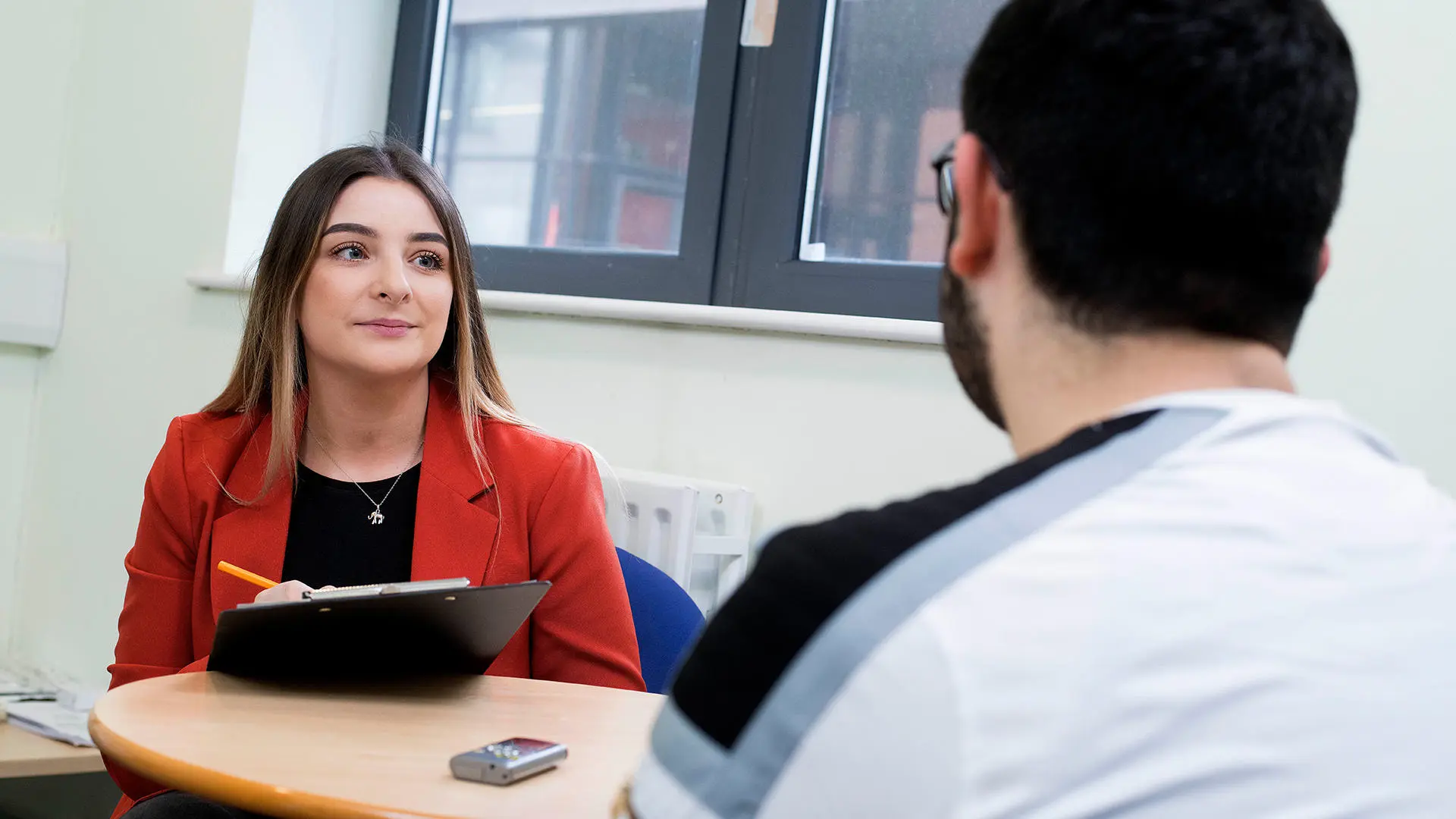What is a therapist?
A therapist is a licensed mental health professional. They work with people who have a mental health condition (like depression or PTSD), or people who feel like they need a little bit of extra help.
Therapists may employ various methods to try and help people, such as talking through problems or teaching different coping mechanisms. They may specialise in a certain type of therapy like CBT or psychotherapy. This will normally take longer to qualify.
It usually takes 3-4 years to train as a therapist. On average, therapists earn £30,000-£50,000 a year. A career as a therapist can be rewarding, as you help people change their lives for the better. However, it can also be challenging as you may deal with people with severe mental health problems. This can impact your own wellbeing. You should consider this before you choose to become a therapist.
What qualifications do I need?
You will need the appropriate qualifications to become a therapist. This will ensure that you have the knowledge to identify mental health problems and the skills to help people. There are a few different qualifications you can complete, including a diploma or degree. You will also need to complete at least 100 hours of supervised clinical practice.
Our degree in Counselling & Psychotherapy BSc (Hons) allows you to qualify as a counsellor or therapist. We take a pluralistic approach to therapy, covering biology, neuroscience and psycho-social factors. You'll learn all about these approaches and how to put them into practice. It's also one of the few degrees that have a practical placement built in. This means you'll have completed the 100 clinical hours you need to qualify as a therapist.
A degree in Psychology BSc (Hons) can also help you to become a therapist. You will learn about the mind, covering different approaches like social, clinical and forensic psychology. This will help you understand why people develop mental health issues and how to help them. You will need to complete a postgraduate qualification to qualify as a therapist.
Other relevant degrees include Nursing, Medicine or Social Work.

Postgraduate qualifications
You may need to complete a postgraduate qualification to become a therapist. This could be a PGCert, PGDip or Masters Degree.
Personal skills
It is also important to consider the personal skills you'll need to become a therapist. This can be just as important as your qualifications.
- Knowledge of psychology
- Active listening and observation
- Empathy and sensitivity
- Ability to build a rapport and work with different people
- Non-judgemental approach
- Patience and belief in other people’s ability to change
- Knowledge of diversity and equality issues
- Ability to stay calm under pressure
- Good time management and organisation

Day-to-day responsibilities
Once you have qualified as a therapist, you will typically work between 35-42 hours a week. You could work for the NHS, a private practice or become self-employed. Your responsibilities may include meeting patients for therapy, as well as business and admin tasks.
Here's what your day-to-day could look like:
- Meeting with several clients for therapy
- Recording and monitoring client progress.
- Referring clients to other support services where appropriate
- Following up with previous clients
- Supporting families and carers
- Writing letters and keeping notes
We hope this has helped you understand how to become a therapist. You can complete a diploma or degree, plus at least 100 hours of supervised clinical practice.
Our courses
- Course
Psychology, BSc (Hons)

